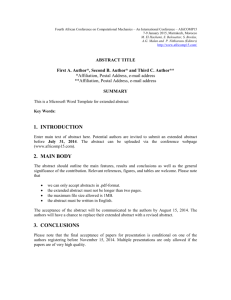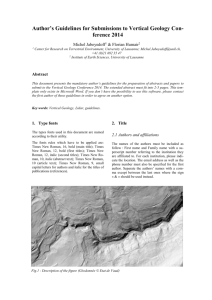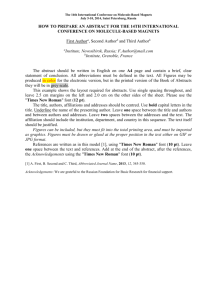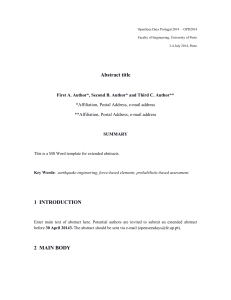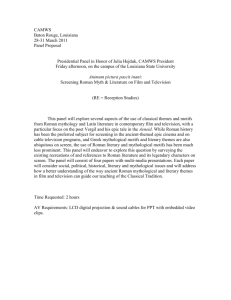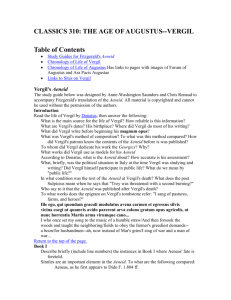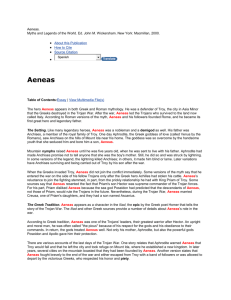Summer Reading Guide
advertisement
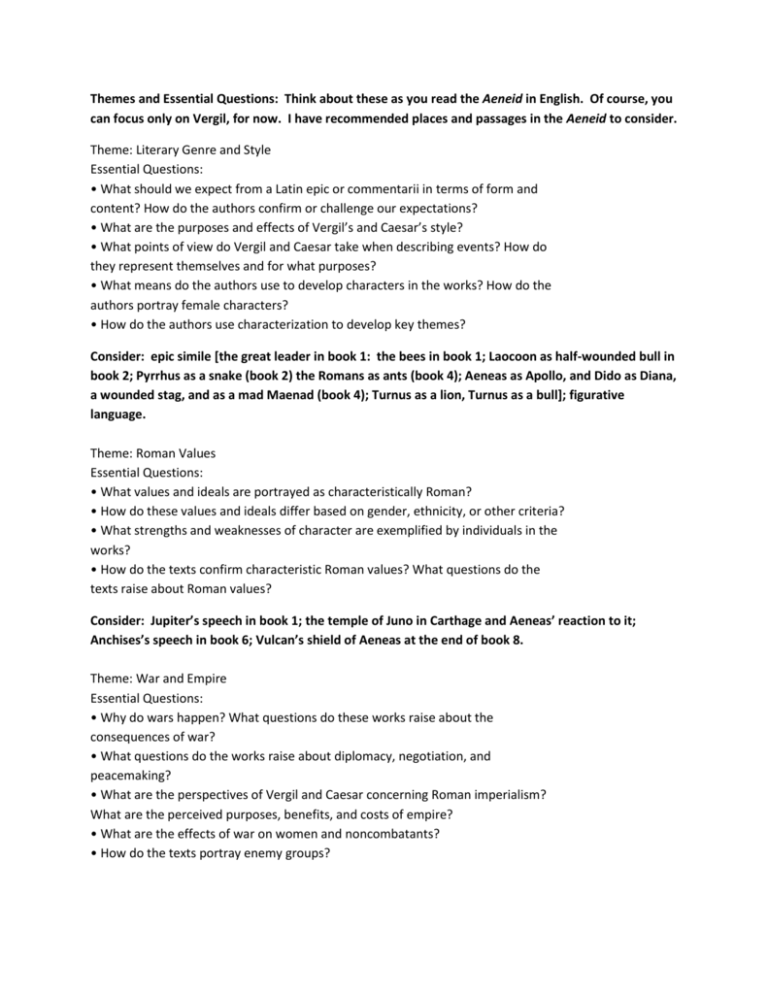
Themes and Essential Questions: Think about these as you read the Aeneid in English. Of course, you can focus only on Vergil, for now. I have recommended places and passages in the Aeneid to consider. Theme: Literary Genre and Style Essential Questions: • What should we expect from a Latin epic or commentarii in terms of form and content? How do the authors confirm or challenge our expectations? • What are the purposes and effects of Vergil’s and Caesar’s style? • What points of view do Vergil and Caesar take when describing events? How do they represent themselves and for what purposes? • What means do the authors use to develop characters in the works? How do the authors portray female characters? • How do the authors use characterization to develop key themes? Consider: epic simile [the great leader in book 1: the bees in book 1; Laocoon as half-wounded bull in book 2; Pyrrhus as a snake (book 2) the Romans as ants (book 4); Aeneas as Apollo, and Dido as Diana, a wounded stag, and as a mad Maenad (book 4); Turnus as a lion, Turnus as a bull]; figurative language. Theme: Roman Values Essential Questions: • What values and ideals are portrayed as characteristically Roman? • How do these values and ideals differ based on gender, ethnicity, or other criteria? • What strengths and weaknesses of character are exemplified by individuals in the works? • How do the texts confirm characteristic Roman values? What questions do the texts raise about Roman values? Consider: Jupiter’s speech in book 1; the temple of Juno in Carthage and Aeneas’ reaction to it; Anchises’s speech in book 6; Vulcan’s shield of Aeneas at the end of book 8. Theme: War and Empire Essential Questions: • Why do wars happen? What questions do these works raise about the consequences of war? • What questions do the works raise about diplomacy, negotiation, and peacemaking? • What are the perspectives of Vergil and Caesar concerning Roman imperialism? What are the perceived purposes, benefits, and costs of empire? • What are the effects of war on women and noncombatants? • How do the texts portray enemy groups? Consider: the causes of the war in Italy (presented in book 7); the portrayal of enemy combatants like Turnus (book 7, 9, 11, 12), and Mezentius and Lausus (book 10); Aeneas (book 12); the truce and the breaking of it; the fall of Troy (book 2); the fall of Dido and Carthage (book 4) Theme: Leadership Essential Questions: • What different types of leaders (both male and female) and leadership styles do we see in these works? • How do leaders deal with setbacks and failures? • How does a leader inspire others to follow? Consider: the portrayal of Aeneas throughout; Dido (books 1 and 4) Theme: Views of Non-Romans Essential Questions: • In what ways do the authors portray the various non-Roman peoples that appear in the works? What criteria do they use to evaluate these groups? • To what extent do the authors reinforce or challenge stereotypes of these groups? • How do the authors use these portrayals in their works? Consider: Iarbas (book 4); the native Italians (book 7-12); Evander and his people (book 8); Hercules and Cacus (book 8) Theme: History and Memory Essential Questions: • How do these works reflect the conflicts of the era in which they were written, both explicitly and implicitly? • In what ways do the works reflect the impact of an individual on historical events? • Within these works, how does shared experience build and sustain communities? • How do the authors use historical exempla (heroic ancestors, critical events), and for what purposes? • How do individuals in these works use their understanding of the past to create their present and future? • How do the authors see the importance of historical events for the Roman people? Consider: the temple of Juno (book 4); the heroes in the underworld (book 6) the shield of Aeneas (book 8) Theme: Human Beings and the Gods Essential Questions: • What roles do the gods play and how are they perceived? To what extent do the gods of other peoples resemble those of the Romans? • How do the authors portray fate? How does fate affect human beings? • How and why do human beings and gods communicate with one another? Consider: passim (everywhere)!



